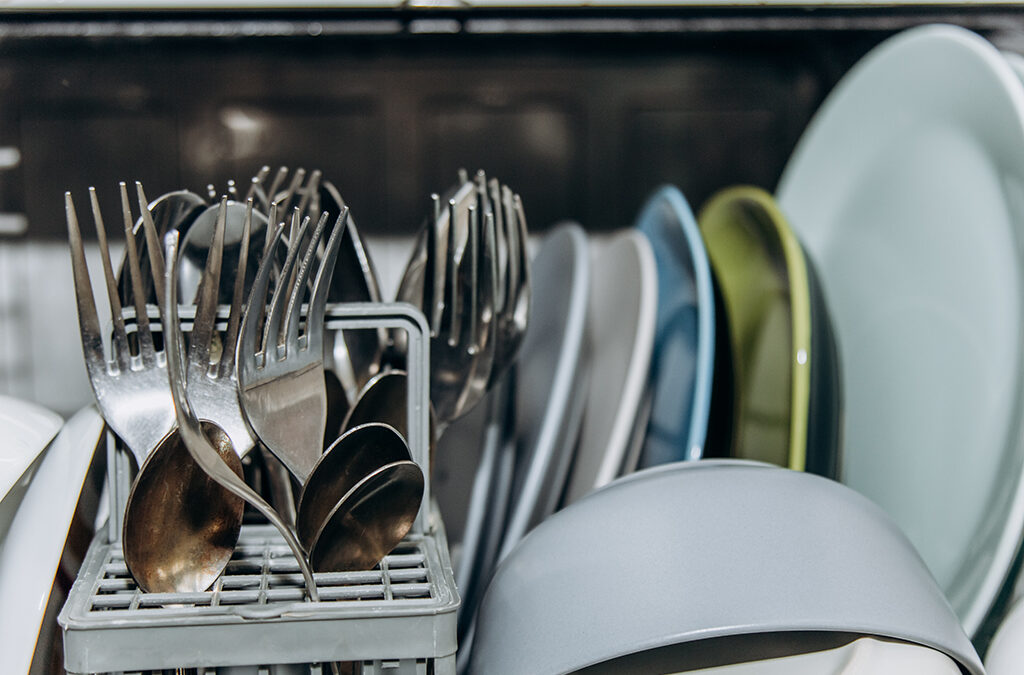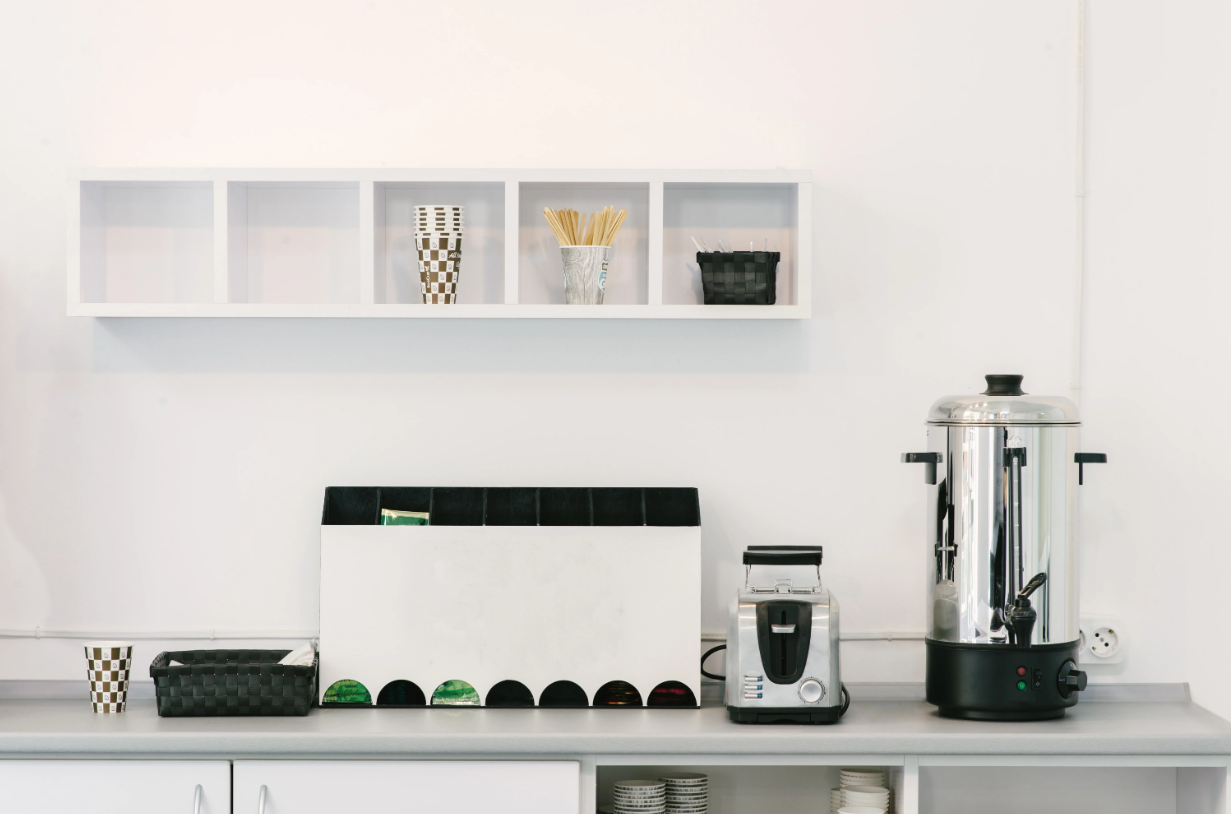The old saying tells us not to cry over spilled milk. But what if someone else spills it, and you have to clean it up?
In an ideal world, the workplace’s cleanliness is a shared responsibility—and everyone pulls their weight. In reality, people get busy, tired, and sometimes just lazy. Stains harden, mugs pile up, and the paper towel roll remains empty, day after day.
Cleaning up after people stinks, but sometimes it’s a must. And it can be a touchy subject—telling someone to clean up after themselves can feel like walking on eggshells. How do you communicate the necessity for teamwork and proactivity without being too bossy or too nice?
There are ways to keep your colleagues accountable for maintaining a clean, organized and fully stocked workplace, all while promoting shared responsibility.
Oh Captain, my Kitchen Captain
The first step to leading the way for a cleaner workplace is to share the leadership — appoint a Kitchen Captain for every week.
That’s right. No one person is solely responsible. Post a list on a whiteboard that displays who will be Kitchen Captain for each week of the month.
This person has an indispensable role and an honourable mission. Don’t be mistaken — the kitchen captain is not responsible for picking up your mugs every day or sweeping up your OJ spills.

open dishwasher close up clogged with clean washed dishes. dry cutlery closeup. spoons forks. mugs, plates. household appliances in the kitchen.
Rather, they’ll be on watch—a bit like Jon Snow—to make sure everyone picks up after themselves and works together to maintain a safe and tidy workplace. The role is meant to keep colleagues accountable to each other.
This isn’t only about workplace cleanliness. It’s a daily practice of communication, accountability and conflict management.
You don’t wanna miss a thing
The Kitchen Captain’s secondary responsibility is keeping the whole workplace (not just the kitchen) fully stocked. You’ll never weep over reaching the end of the paper towel roll, shake the life out of an inkless pen or find the peanut butter jar empty if you keep a regular re-stocking schedule.
At the end of every week, the Kitchen Captain can grab the inventory checklist and take five minutes to log what’s running low and what still in abundance.
This time, it’s personal
If you’ve ever felt personally attacked after someone ate the expensive croissant that you left in the cupboard, this tip is for you.
Sometimes, no matter how clear it is that something belongs to you, people are going to take it. You might be too afraid to point fingers and say, “hey, you ate my croissant!” unless you want to be remembered as your company’s resident Ross Geller.

A simple solution to this? Pave way for a “personal” corner in the fridge and food cupboard. You can use masking tape to outline the space where non-shareable items belong.
We know—this isn’t really an option for drinks, hot sauce bottles and other items that belong in the shelves of the fridge door. So don’t be afraid to label what’s yours! If it’s going to be in the kitchen for a long time, you should stake your claim—and encourage your colleagues to do the same.
It’s not rude to label your food. It’s practical and reduces the risk of quiet animosity and ongoing conflict between co-workers.
Although these strategies can start with one or two people, they involve everyone at the end of the day. You’ll thank yourself for applying these practices. Why?
Because they’ll encourage you and your colleagues to practice expectation setting, communication, and — perhaps most of all — patience.
Still have spills that no one can reach? Things that no one has time to clean? That’s what we’re here for. Talk to us about a commercial cleaning to learn what we can do for your workplace.
